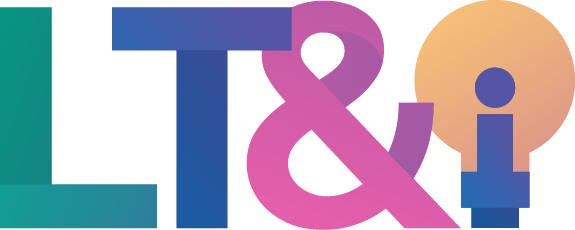So I recorded a whole 2 plus minutes of something. I am going to be honest and say it was really scary, but I did it. The reason why it was scary is because I know my hearing is not the same as others, and I worry that there will be low key background noise that will affect audience experience. However, since this is going to be a podcast that is all about accessibility, and a podcast where accessibility will be foundational to the design and the product itself, I want to not be so hard on myself about that. It is basically going to be an extension of my Twitterness but in podcast form. Reminding folk of things to consider to make their pedagogy more accessible and giving them a space to ask questions.
And yet, this is where I ask you, if you are hearing anything, like background noise, hisses (which is basically how I navigate through life on the regular), let me know, and if you can guide me to how to fix that that would super appreciated!
http://podcastmasterclass.trubox.ca/wp-content/uploads/sites/1306/2022/11/FirstEpisodeTest.mp3
Here is the transcript :
Intro to Podcast Test Transcript
[Theme song Wake Up You Must Remember by Orthothonics] 0-0:17
0:16-0:18 Hello and welcome to the first episode.
0:19-0:34 I think it’s kind of funny that at time where I spent the large majority of almost twelve years of my life on Twitter, talking about, accessibility and educational technology
0:35-0:42 at a time when, that platform seems to be imploding, that I have decided now is a time for me to start a new platform.
0:43-0:49 So here we are, episode one, having conversations about accessibility.
0:50 –0:53 This isn’t scripted. This isn’t planned.
0:54-1:02 Basically what this will be is 10, to 15, to 20 minutes of information about how to make your pedagogy more accessible.
1:03-1:12 There’ll be opportunities for you to write in and ask me things about certain aspects of your pedagogy that you’d like to make more accessible
1:13-1:18 I’ll take those reader comments and we’ll talk about them in the episodes that follow.
1:19-1:28 I’m also doing this right now during the day, because I have also thought about the accessibility of the actual podcast itself.
1:29-1:40 I thought well, if I record this at night it will probably be quieter, and then I realized that, that’s also a privilege that some people may not have.
1:41-1:59 So I’m here starting a project, a podcast project, thinking about the actual accessibility of creating a project that’s a podcast, where there might be some folk who don’t have the space to be able to create a quiet, non-disruptive podcast,
2:00-2:12 and also as someone who has tinnitus so I might not be able to hear some of the things and the scratches that you will hear, and I hope that also reminds you that accessibility is everywhere.
2:13-2:20 And that there are some things that need to be done to make podcasts more accessible.
2:21-2:26 So thank you for joining me on this journey; I look forward to our conversations.

I loved your comment about the privilege of having a quiet space to record. This is something we were very aware of during the pivot to online teaching and learning. Our team tried to make sure that instructors were aware that some students wouldn’t have private spaces to join virtual classrooms during the height of the pandemic. So many students sharing living quarters; who couldn’t just pop out to a cafe (closed) or their home office. Reminds me that accessibility is a broad spectrum. Hopefully we can share some tips on how to make the most of your recording space where ever that is.
One thing I would say is that your voice sounds terrific level wise. I am worried that you might be just a touch too close to the mic. I can hear some pops and plosives. So excited to hear more from you.
Thank you Jonathon, for that great tip and I will keep that in mind going forward with my set up!
Dear Ann,
This is a really interesting project, and I appreciate your candour in discussing your disabilities. I find that a lot of things that are considered to be the hallmarks of “professionalism” tend to be rooted in various forms of oppression, abelism, racism, classism etc. This is just as true in the technical sphere of recording as it is in academia.
Technically, everything sound pretty good to me, though I would second Jonathan’s comments about a few pops and plosives.
Forgive my ignorance, but I don’t know if I fully understand why not recording at night because that would be a privileged that other people don’t have makes this podcast project itself more accessible. For reference, I find that I struggle to listen to audio that has a lot of background noises in it. I recorded my recordings in my bedroom because I have already nailed Value Village blankets to the walls and installed makeshift foam because of my own sound sensitivities.
Look forward to seeing where you take this!
~Ben
Hi Ben, thanks for your comment. I was going where Jonathon went with his comment, that having quiet is a privilege, that waiting until night when my neighbours generally decide to stop being noisey leaf/snow blower folks says a lot about the neighbourhood I live in as well. I have to really think about the sound in this place, you have kind of inspired me to think about what sort of cheap make do things I could do here with stuff I already have. Thanks!